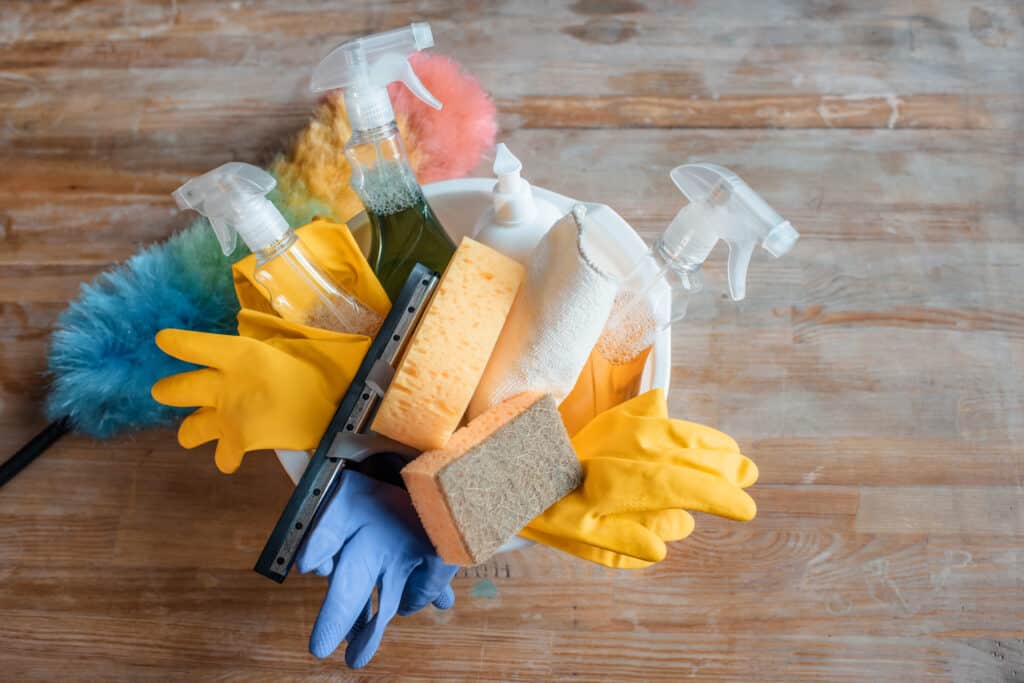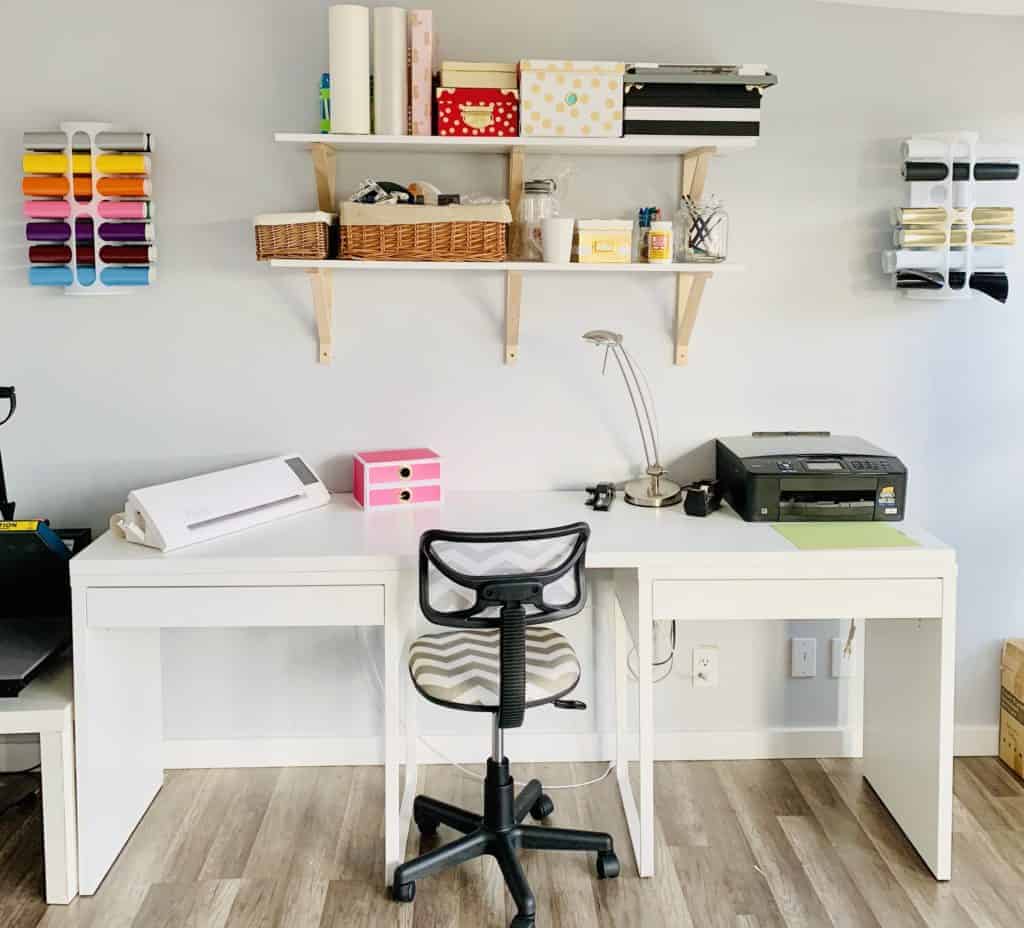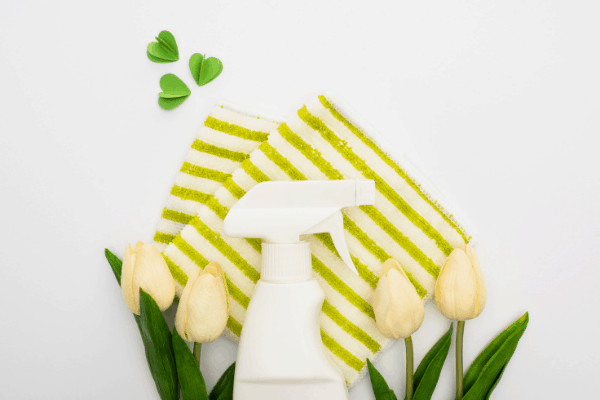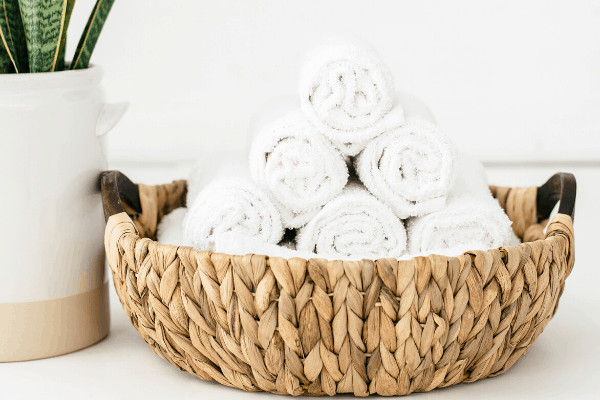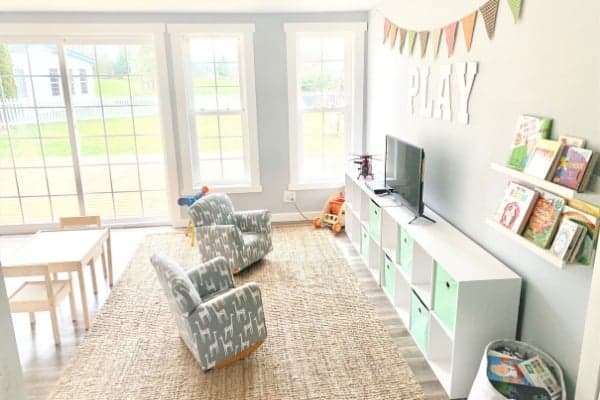Chemical drain cleaners have become a go-to solution for many homeowners. When faced with a slow drain or a clogged sink, reaching for a bottle of drain cleaner can seem like the quickest fix. It’s fast, it’s convenient, and it promises to dissolve the gunk that’s causing the problem. However, while these products might offer a quick fix, they also bring significant risks to your home, health, and the environment.
From releasing harmful fumes into your living spaces to causing long-term damage to your plumbing system, chemical drain cleaners are far from a harmless solution. They contain aggressive ingredients that not only target the clog but can also corrode your pipes, damage local ecosystems, and pose health risks to your family. In this post, we’ll explore safer, non-toxic alternatives that can help you maintain a clean and healthy home without relying on harsh chemicals.
The Hidden Dangers of Chemical Drain Cleaners
Most chemical drain cleaners contain highly toxic substances, such as lye (sodium hydroxide) and bleach. These ingredients are designed to dissolve hair, soap scum, and other common clog culprits, but they can also cause significant harm in the process.
Health Risks: Exposure to chemical drain cleaners can result in serious health issues. The fumes emitted from these products can irritate your eyes, skin, and respiratory system. Accidental spills can cause burns or permanent eye damage. Moreover, having these dangerous substances in homes with young children or pets increases the risk of accidental ingestion or contact, which could lead to severe poisoning or injury.
Environmental Impact: When these chemicals go down the drain, they don’t just disappear. Instead, they can contribute to water contamination, affecting local water supplies and harming aquatic wildlife. Additionally, over time, these harsh substances can damage your plumbing system, leading to costly repairs or replacements. The pipes, which are often made of metal, plastic, or other materials, can erode or weaken after repeated exposure to chemicals.
Given these risks, it’s clear that while chemical drain cleaners may seem like a convenient solution, the potential dangers far outweigh the short-term benefits. Thankfully, there are safer and equally effective alternatives.
Natural Alternatives for Drain Cleaning
If you’re looking to keep your drains clean without the toxic side effects, there are several natural, DIY solutions that are both effective and easy to use. These methods rely on simple household ingredients, and while they might take a little more time or effort than chemical cleaners, they are far better for your home and the planet.
Baking Soda and Vinegar: A Classic DIY Solution
One of the most effective natural alternatives is the combination of baking soda and vinegar. This method uses a natural chemical reaction to break down clogs and clean your drains.
- How it Works: When baking soda (a base) and vinegar (an acid) are combined, they create a fizzy reaction that helps loosen debris and dirt trapped in the pipes.
- Step-by-Step Guide:
- Pour half a cup of baking soda down the drain.
- Follow it with half a cup of vinegar.
- Let the mixture sit for 15-20 minutes as it fizzes and works through the clog.
- Flush with boiling water to clear out the debris.
Boiling Water Method
For minor clogs, sometimes simplicity is best. The boiling water method is an easy and effective way to remove buildup, particularly from grease and soap residue.
- How to Use:
- Boil a kettle of water.
- Slowly pour the hot water down the drain in stages, allowing it to loosen and wash away clogs caused by grease and other materials.
- Repeat if necessary.
This method is particularly useful for preventing clogs from forming in the first place, especially if used regularly.
Salt and Baking Soda: A Tougher Solution
For tougher clogs, combining salt and baking soda creates a powerful yet non-toxic alternative.
- How to Use:
- Mix half a cup of salt with half a cup of baking soda.
- Pour the mixture down the drain.
- Let it sit for several hours or overnight.
- Flush the drain with boiling water to clear out the clog.
This combination works well on more stubborn blockages, providing an effective and natural solution for keeping your drains clear.
Preventative Measures for a Healthy Plumbing System
As with most things, prevention is key when it comes to maintaining healthy drains and avoiding costly repairs. Here are some simple measures you can take to prevent clogs from occurring in the first place:
- Strainers and Drain Covers: Using strainers or drain covers in sinks, showers, and bathtubs is an easy way to catch debris like food particles, hair, and soap scum before they make their way into the drain.
- Regular Maintenance: Routine cleaning with natural alternatives such as baking soda and hot water can help prevent clogs from forming. Doing this once a month can keep your drains in top shape.
- Avoid Grease in the Sink: Grease is one of the most common culprits of clogged drains. Be sure to avoid pouring oils and fats down the sink. Instead, collect them in a separate container for disposal.
Eco-Friendly Commercial Drain Cleaners
If DIY solutions aren’t your thing or if you’re looking for a more convenient option, there are plenty of eco-friendly commercial drain cleaners available. These products are typically enzyme-based or bacteria-based, which means they use natural processes to break down organic matter in your drains without the need for harsh chemicals.
- How They Work: Enzymes and bacteria in these cleaners naturally break down waste materials like grease, hair, and food particles. This not only clears the clog but also prevents future blockages from forming.
- Popular Brands: Look for brands that clearly state they are free of harmful chemicals and are safe for both your plumbing and the environment. Products like Bio-Clean or Earthworm Drain Cleaner are popular choices among eco-conscious homeowners.
The Importance of Professional Help for Severe Clogs
While natural methods and eco-friendly cleaners are excellent for routine maintenance and minor clogs, some blockages are simply too severe to handle on your own. In such cases, calling a professional plumber is the best course of action.
- When to Call a Plumber: If you’ve tried DIY methods and the clog persists, it may be due to a more serious issue like damaged pipes or deep blockages. Using chemical cleaners at this stage will only exacerbate the problem.
- Benefits of Professional Cleaning: Professional plumbers have specialized tools and expertise that can remove stubborn clogs and repair any damage to your pipes. Regular professional cleaning can also help prevent future problems, ensuring the long-term health of your plumbing system.
Chemical drain cleaners might offer a quick fix, but the risks to your health, your home, and the environment are far too great to ignore. By switching to safer, natural alternatives like baking soda and vinegar, boiling water, or eco-friendly commercial products, you can keep your drains clear without sacrificing the safety of your household.
Prioritizing the health of your plumbing system and the environment will not only save you money in the long run but also contribute to a cleaner, greener home. So why not start today? Implement these tips, ditch the chemicals, and enjoy a healthier, more sustainable lifestyle.

